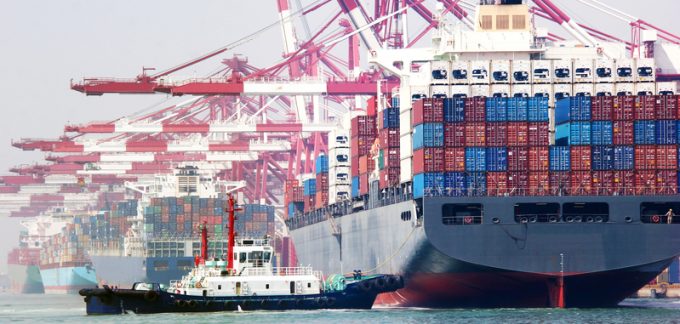Airfreight rates ex-China 'loss-making', but hopes of a trade deal stay high
Despite “loss-making” airfreight rates offered for Hong Kong/China-US, Chinese forwarders seem optimistic that the trade ...

Ocean carriers are rolling out more rate increases next week, with FAK rates from Asia to North Europe edging towards $20,000 per 40ft.
This represents an incredible 1,000% increase on the spot rate for the trade a year ago.
Meanwhile, transpacific carriers are hitting Asia to US shippers on 15 June, with GRIs of up to $3,000 per 40ft, with some carriers now asking $17,000 per 40ft for US east coast ports.
And transatlantic shippers are also feeling the pain of rate hike ...
Keep our news independent, by supporting The Loadstar
Container spot rates diverge: to Europe still falling, but firmer to the US
Volume surge and an early peak season? 'Don't celebrate too soon,' warning
Hapag-Lloyd won't take bookings if port congestion leaves cargo stranded
Ecommerce likely the front-runner in resurge of transpacific trade after deal
China-US trade tariff pause could drive a rebound for transpacific rates
Service chaos from trade ban with India a problem for Pakistan shippers
Airfreight rates ex-China 'loss-making', but hopes of a trade deal stay high


Comment on this article